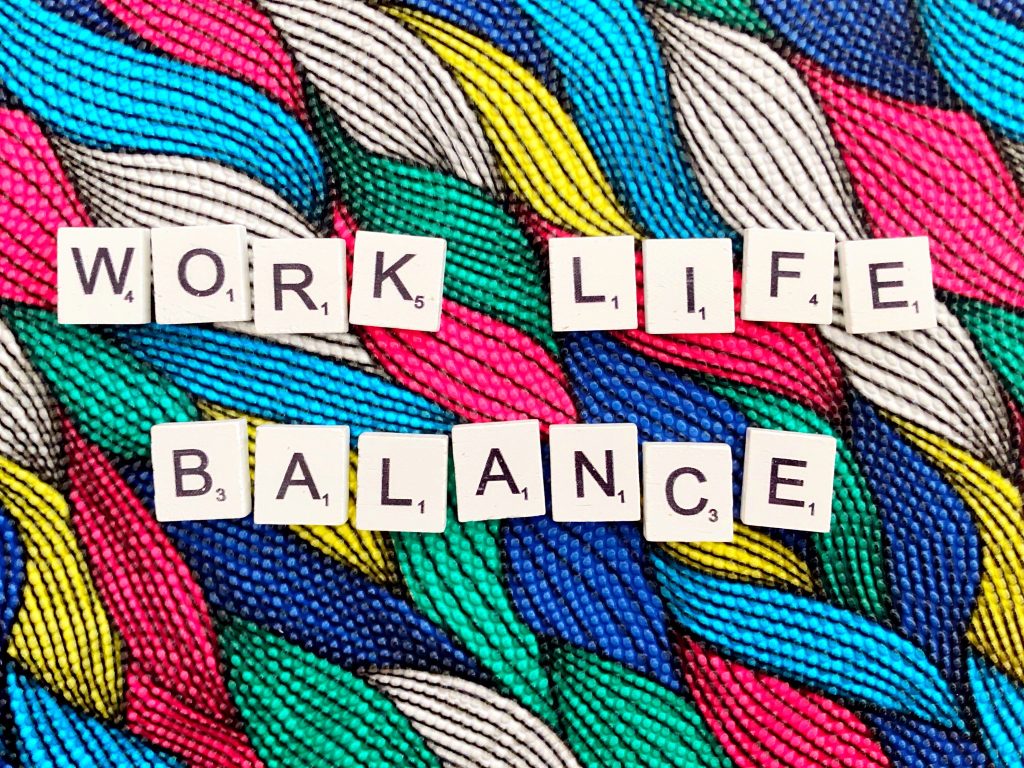In recognition of the ever present need to take care of our Mental Health , here are some top tips for improving your work/ life balance – shared at our recent Women in Residential Property virtual coffee break.
- Introduce some positive distractions and boundaries
It’s all well and good to say ‘take a break’ and ‘drink more water’, but these things can take a lot of discipline to make them part of your daily routine. Instead, try introducing positive distractions into your life that are harder to ignore – including:
- Taking up volunteering in your local community.
- If your circumstances allow, adopting a dog can help to ensure you get regular exercise and fresh air – whatever the weather!
- Making plans with friends and family. It’s a lot harder to work past 6pm on a Tuesday if you’ve got somewhere to be.
- Investing in a second phone – so you have a work phone AND a personal phone – so it’s easier to switch off on your evenings and weekends.
- Take a step back and reassess how you work
It can be really tough in the midst of a busy working week to create some breathing space for strategic thinking, but it can make a big difference – including:
- Finding opportunities for working more efficiently – When was the last time you stopped and reviewed all of your processes? Are there things you could do differently to help you streamline routine tasks? Tools that could help save you time? Things that are actually not really worth your time or producing good results that could be scrapped altogether?
- Read some books on time management – There are some great books out there that can help you rethink how you use your time. Here. are just some of the suggestions from Women in Residential Property members:
- I Know How She Does It — by Laura Vanderkam
- The 12 Week Year: Get More Done in 12 Weeks than Others Do in 12 Months – by Brian P. Moran and Michael Lennington
- Try and reset how you think about work
It’s easy to fall into bad habits of working longer hours to try and stay on top of a demanding work load, but it’s rarely in your best interests.
Here’s some food for thought on shifting your mindset:
- Is there really much difference between sending that email at 7pm instead of 8am the next morning? Rarely. Who would actually notice?
- How would your employer react if you died tomorrow? The sad truth is they’d put out an ad for a new recruit, whereas your friends and family would miss you forever.
- Did you ever stop to think that even the best, most hardworking employees get made redundant if a company’s fortunes turn? Overtime doesn’t make you invincible.
- Are you really putting yourself first? Remembering to “say yes” to yourself can make a big difference in maintaining a positive work/life balance – whether you try meditating, creating a checklist of things that make you happy (and working your way through them), or just learn to say no when you need to.
- What did you really achieve the last time you worked over a weekend? Were there less important things you ticked off the list that could have waited? Could you have used your working week more efficiently to avoid feeling that the weekend hours were necessary? Would your time have actually been better spent recharging, fresh and ready for Monday morning?
- Practice makes perfect
All of the above can seem hard at first and as if you don’t have time, but when you start making positive changes (and realising that the world doesn’t come crashing down around you just because you took a breather) it can support a cycle of positive reinforcement and growing commitment to creating balance in your life.
Good luck!
Thank you to WIRP committee member, Megan Jones of tmgroup for producing this article.




